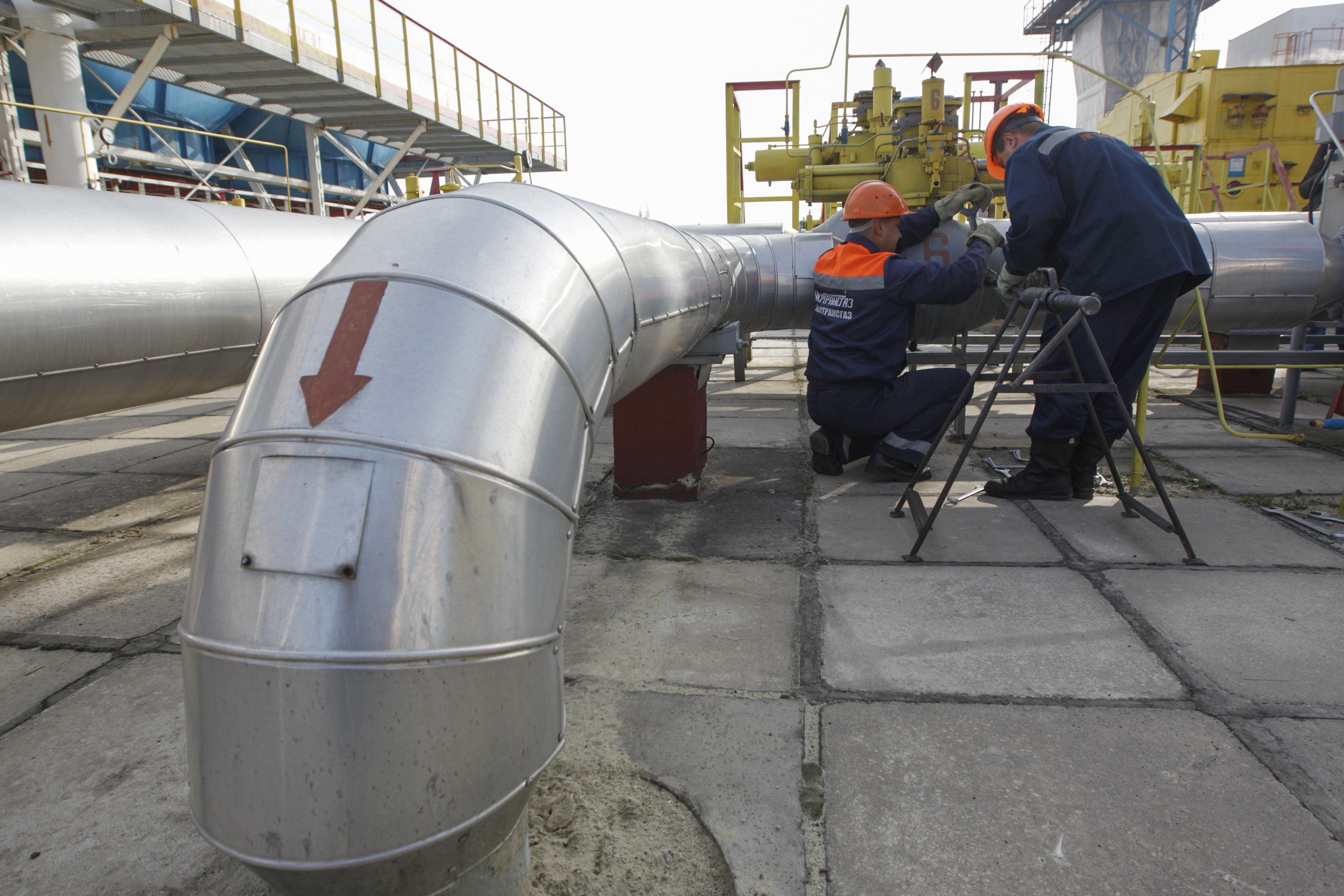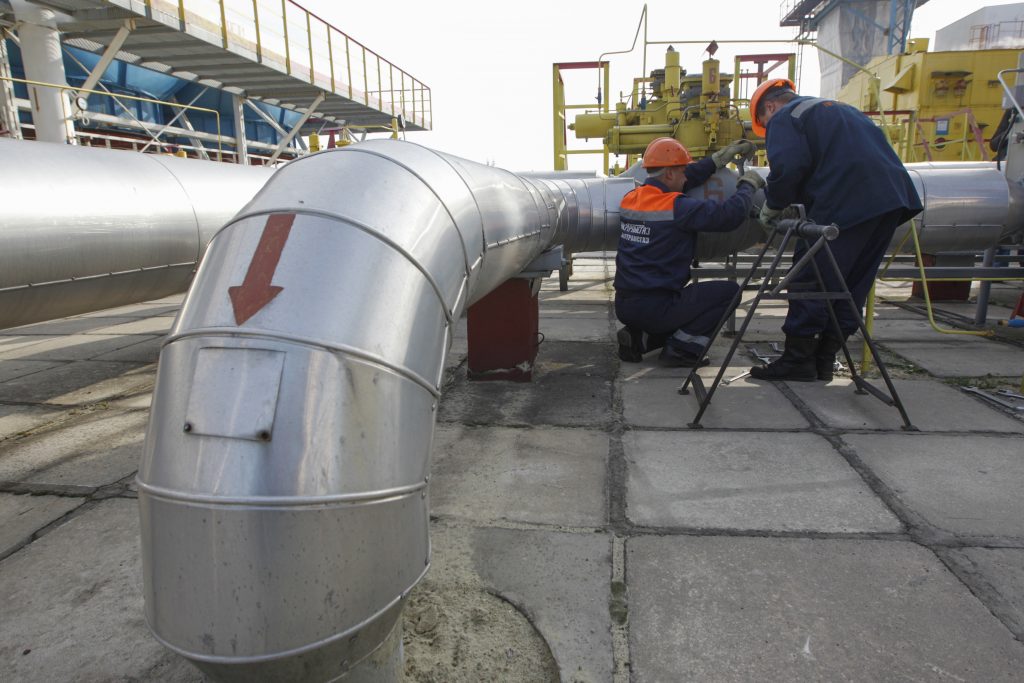
For Long-Term Security, EU Should Push Moscow to Obey Rules and Kyiv to Reform Gas Sector
By brokering a March 2 interim gas deal between Ukraine and Russia, the European Union helped avert a wintertime cutoff of gas to Ukraine and other parts of Europe. Russia had threatened to halt supplies to Ukraine in the two countries’ dispute over prices and payments for Russia’ gas. The deal, in Brussels, came as Ukraine’s parliament passed one of several difficult reform laws that could help the longer-term energy security of both the country and Europe, analysts say.
Europe is at risk of Russian gas cutoffs because almost 15 percent of its total gas needs arrive from Russia via pipelines across Ukraine. But the EU can take a simple step to reduce its dangerous dependence on Russia’s good will in delivering gas to Ukraine, write two Canadian economists. EU leaders should begin building a more flexible, stable gas market in Europe by forcing the Russian gas monopoly, Gazprom, to remove a clause in its contracts that forbid European countries from swapping around volumes of gas bought initially from Russia.
Gas swap agreements are a normal feature of open gas markets—and the EU has passed a set of rules (called the “Third Energy Package”) that would permit them. Gazprom’s contracts violate those rules, which should be enforced, write Professors Basil Kalymon and Adonis Yatchew. “For years, Europe has allowed Gazprom, the monopolistic Russian state gas supplier, to sell in Europe on terms that are highly anticompetitive and inconsistent with market principles,” the economists write in a report for the Atlantic Council. “This has let Russia use gas exports as a weapon of intimidation, especially in Central and Eastern Europe.”
Breaking Up Ukraine’s Gas Monopoly
A second key step for the EU is to press Ukraine to break up “Naftogaz, the integrated Ukrainian state monopoly which controls both the bulk of production and the transmission and storage of gas,” Kalymon and Yatchew write. “The separation of these functions is another requirement of the Third Energy Package.”
Ukraine’s parliament on March 2 passed a painful budget law that includes cuts in pensions and a big increase in the natural gas prices that the government has subsidized for years. These changes were among steps that Ukraine must take to win delivery by the International Monetary Fund of a first tranche of the $17.5 billion in loans that are critical to keeping Ukraine afloat.
“This is still a pretty brutal budget, including pension cuts and big gas price hikes,” wrote Standard Bank economist and analyst Tim Ash.
A breakup of Naftogaz would help encourage private foreign companies to invest in energy projects in Ukraine—including investments that could improve pipelines and storage facilities to provide better gas supplies not only to Ukraine but to Europe, write Kalymon and Yatchew. Such investments “would be at a very low cost relative to politically motivated and uneconomic attempts to bypass Ukraine,” such as Russia’s proposed pipelines across the Black Sea.
Read Kalymon and Yatchew’s full report here.
Image: Gas utility workers conduct maintenance on an underground gas reservoir at Oparivske, near Ukraine’s western city of Lviv, in September 2014. (Reuters/ Valentyn Ogirenko)
